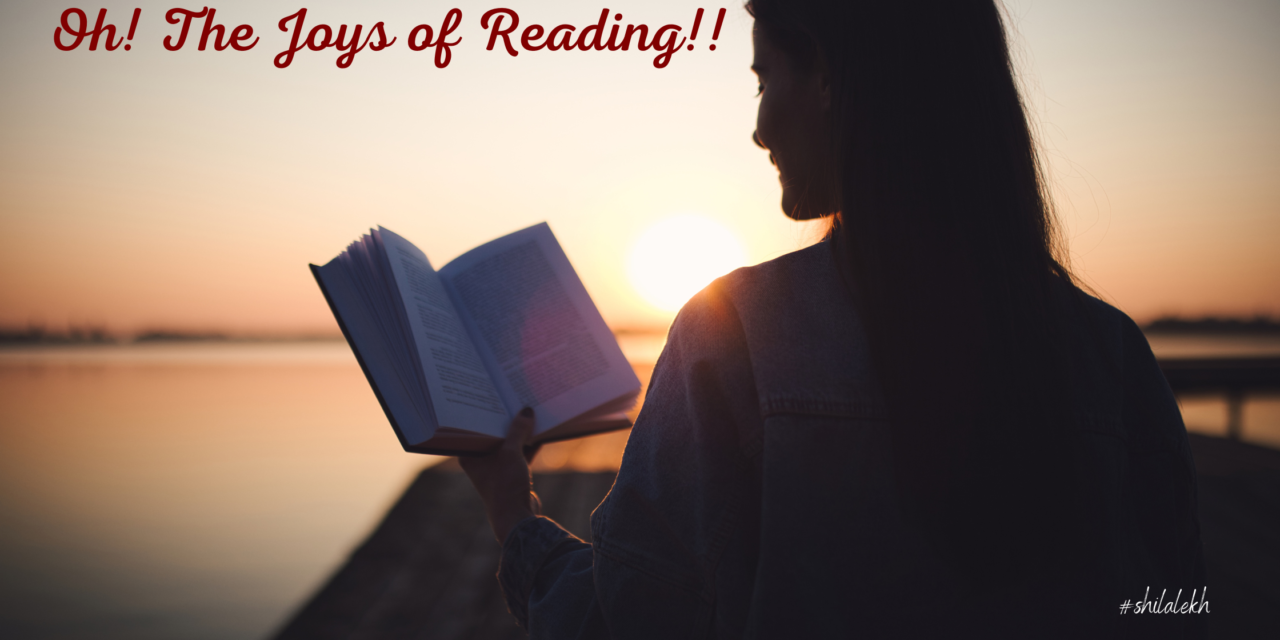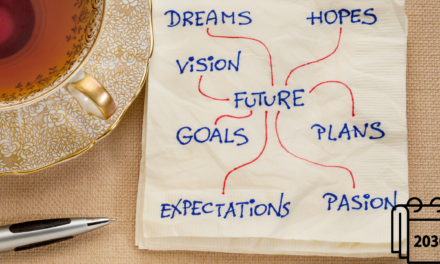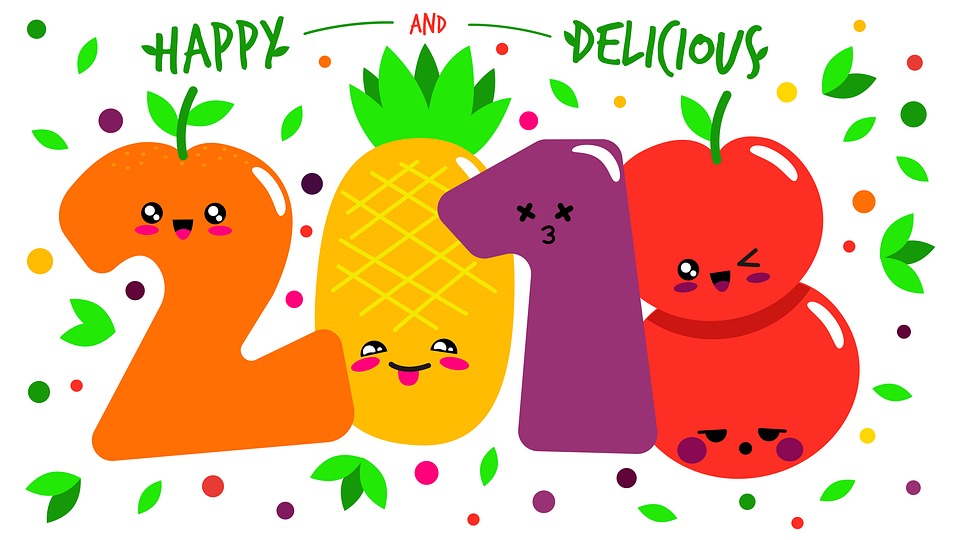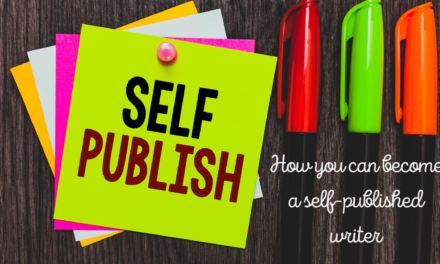Why do we read?
So that we can live vicariously through others’ life and lived experiences. Period.
Over the past couple of months, I have noticed my inability to concentrate on longer pieces or an excerpt that is especially complex. The matter seemed really out of hand when I could not concentrate on a long essay I had been trying to complete for the past three days. That too during the evenings when kids were studying, hubby was at work, dinner was done and there was no more housework that could not be postponed for the next day. Meaning, no distractions whatsoever!
Finally I abandoned the essay and opened my inbox. Probably to find some answers and something better to read as well.
Browsing through my inbox and the Reading project in Todoist, I noticed that all the long pieces were pending for months. To be read later. All the newsletters that I subscribe to so intentionally, paid or unpaid, are simply lying unread too.
So what is the problem here? I wondered. Now, I have never been a skimmer, reading the headlines to understand the gist of it and that’s all. No, I need to read every single word, savour each nuance and vividly imagine what is left unwritten in every piece, reading speed be damned.
So I wondered why I was struggling to complete a piece. But before delve into the why, I decided to explore the what a bit more. Observations first, followed by analysis and conclusion.
The Observations
Here is what I typically am doing these days when faced with an especially long piece (think 1000+ words).
I park it in my Todoist Reading project, to be read later. Now, the Reading project doesn’t have deadlines, precisely so that I read at leisure, when I have all the time in the world to do so, without distractions. For the long newsletters or newspaper articles, I have created a folder where the mail parks itself directly. Without appearing in the inbox, so that I can keep the number of unread messages in control!
The idea when creating the filter was to sit and read them in batches because that’s what I had been doing even before creating the filters. Every Saturday I would devore a couple of hours to reading newsletters. But now I realise that I have hardly opened that folder 2-3 times since creating it, and that too when I was researching for some of my own pieces and knew I would find some gems in there. Again I come back to the original question – what is happening!!
The Analysis: What probably triggered loss of reading habit
Well, there are a few things that could be at play here.
One, since I started sending daily emails in September 2023, my mind is constantly occupied with generating short snappy ideas as well as sentences. Is that new habit to blame why I get all glossy eyed and foggy brained the moment I encounter long complex sentences? Because my brain is looking for something easier and bite-sized? I don’t know but I hope not.
Two, while engrossed in the final few revisions of my last book (Numbers don’t add up), I stopped doing everything except client work. Including writing blogs, reading books, pitching and marketing. That was sometime around August 2023. I stopped reading just for the sake of marking it read and it hasn’t gone back to where it was prior to Aug 2023 since then, I fear.
Three, reading is a thing of habit. I have always read fiction. Non-fiction was never my thing till I started freelancing and needed to upgrade my skills on multiple fronts, from coding and WordPress hosting to marketing, pitching and dancing. I made a conscious effort to read more non-fiction books starting 2015-16. It’s not that I was not reading non-fiction. I very much was. But it was restricted to PDFs and ebooks for knowledge and skill upgradation. I wanted to double down on reading proper books, even if on Kindle.
Reading fiction vs. reading non-fiction
I still become the compulsive reader that I am when reading fiction. So what changes when I am reading non-fiction? I did a bit of research and digging around and this is what I think applied to me.
Reading non-fiction challenges me to a level where the brain refuses to take that cognitive load and it simply shuts out. But when reading fiction, the element of what happens next, the curiosity, the adrenaline rush keeps me hooked. Maybe that is why even the non-fiction books I read must have tons of real life stories. I enjoyed Factfulness immensely and keep going back to it. I love Cal Newport’s books. I read Quiet by Susan Cain in my free time, when I feel the need to challenge myself and read something meaningful. But there are a few books that I cannot stand. I won’t name them, because after all they are books, but do ping me if you want deets (😉).
As Gloria Marks, PhD, and chancellor’s professor of informatics at the University of California, Irvine says, there is difference between being engaged and being challenged. Non-fiction challenges me and I just tune out. I have tried consuming audio as well as video content but it’s text I keep coming back to. For the past two weeks, I have even been reading books while taking my morning walk. I would not at all recommend it for others because it can be very dangerous to read while walking. I walk in my garden, when no one else is around, but still when my gardener drops in, I need to look up once in a while to ensure we are not on a collision course!
The Steps I am taking starting today
I am sitting down with myself today to consider what steps I can take to improve the situation.
The first and probably the most important step would be to set aside dedicated reading time every single day, like I used to have earlier. Reading time when I read only the long, important, non-fictional, meaningful kind of writing that stimulates my brain and triggers the thinking neurons.
Because now that I think about it, till a year ago, I was devoting 1 hour during weekdays and 2-3 hours on Saturdays just to reading all the newsletters and PDFs that needed to be read. That is 8-10 hours of intentional reading each week. I don’t know what the going average is, but it seems quite a good amount to start with and I am not even including all the reading I do for research purposes.
Two, I should start reading print books too. It is so easy to get distracted when I am reading on my iPad and a mail from an important client or a potential lead I have been after for long lands in my inbox. Reading print books is not sustainable for me due to my health issues, but doing 10-12 pages a day should not be so difficult, and it would be good enough to develop the habit of reading again. I have enough interesting non-fiction lying around. Cuz reading fiction has never been a problem, though I do want to test that and see if I have it in me to re-read the 900+ pages of the novel Shantaram now. It’s fiction, pure fiction, but 900+ pages mean lots of details that can quickly become boring.
Three, I am going to uninstall Kindle from my mobile because multiple times a week I find myself reading free but useless Kindle Unlimited fiction because due to some stupid fight between Amazon and Google Play Store, I can’t buy books on mobile app!! And I end up reading below par psychological thrillers or contemporary romance. Considering I do all my serious reading (both fiction and non-fiction) on Kindle Reader or iPad, that should not be so difficult to implement. Let’s see.
What have been your reading challenges? If ever…
Have you ever struggled with reading books and overcome it? Please drop the suggestions so that I may try them for myself.











Trackbacks/Pingbacks